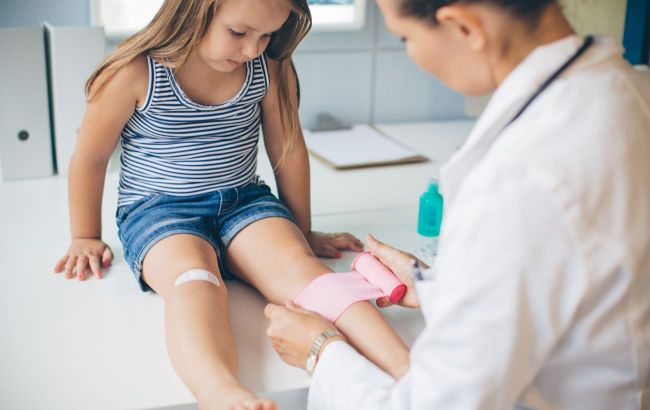Doctor debunks myth: Dangers of blowing on wounds
 Photo: A doctor explains why you should not blow on a wound (Getty Images)
Photo: A doctor explains why you should not blow on a wound (Getty Images)
Many people believe from childhood that blowing on a wound will make it stop hurting. However, this should not be done.
The main myth about blowing on a wound is debunked by the evidence-based doctor Victoria Hanzha on Instagram.
Why blowing on a wound is not recommended
The doctor explained that over a thousand types of microbes, including bacteria, viruses, and others, live in the oral cavity. They are present on the mucous membrane, teeth, tongue - everywhere.
"It's not for nothing that some compare the mouth to a toilet. Yes, an unpleasant comparison," she wrote.
And this is regardless of whether it is a mother, a close relative, or a completely unfamiliar person. The mouth has no sterility even after rinsing and treating with antiseptics.
Therefore, it is understandable that blowing on a wound will further infect it, potentially causing more problems than it already has.
Why blowing reduces pain
The doctor explained that this happens because the airflow cools the wound, slightly causes the spasm of tiny capillaries, reduces blood flow, and creates a mild analgesic effect.
However, blowing on a wound is not recommended because airflow can be created with the mouth and by simply waving with improvised means if it makes you feel better.
Recently, it became known that a cardiologist named the examination that needs to be periodically undergone.
This material is for informational purposes only and should not be used for medical diagnosis or self-treatment. Our goal is to provide readers with accurate information about symptoms, causes, and methods of detecting diseases. RBС-Ukraine is not responsible for any diagnoses that readers may make based on materials from the resource. We do not recommend self-treatment and advise consulting a doctor in case of any health concerns.

